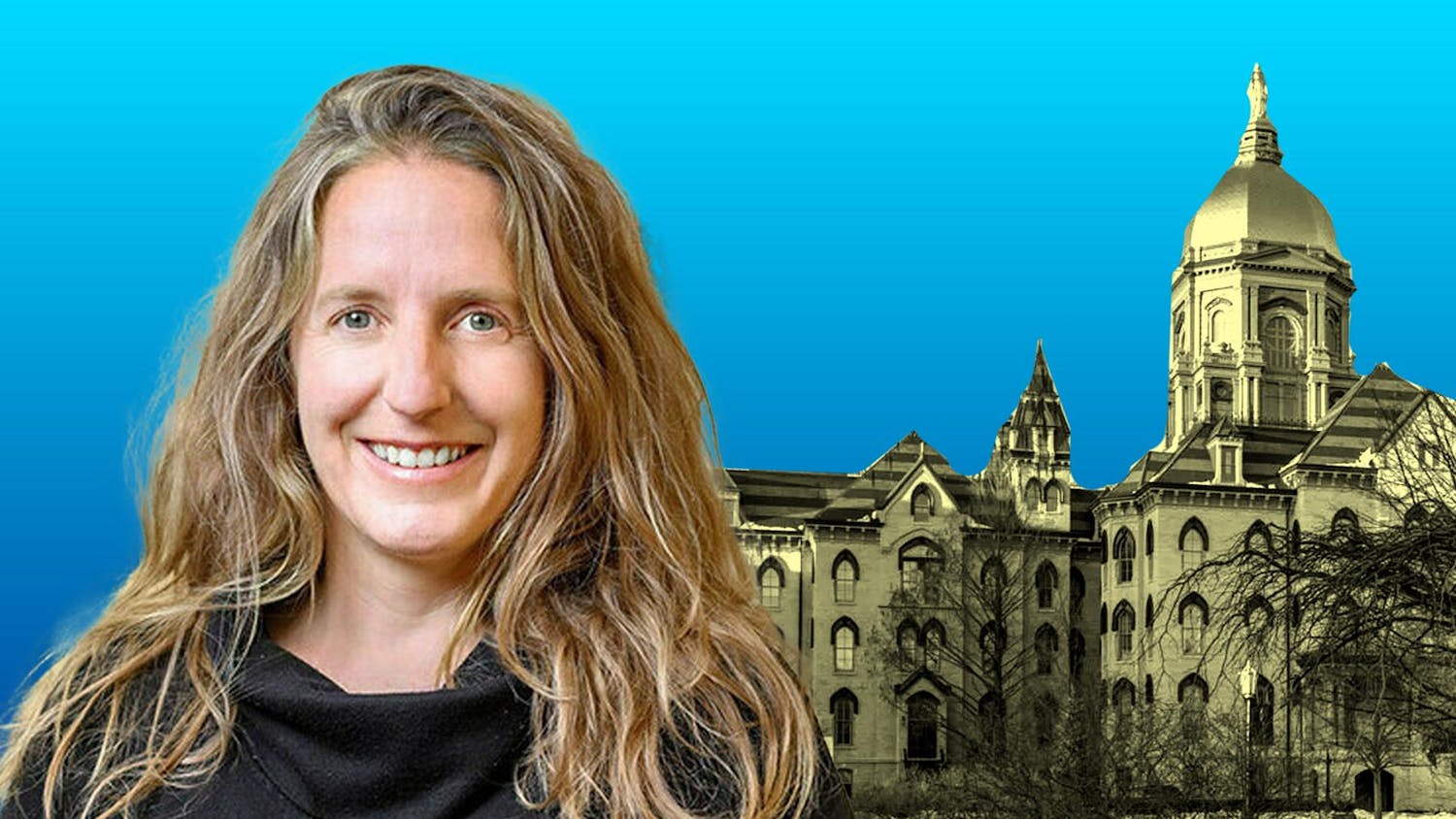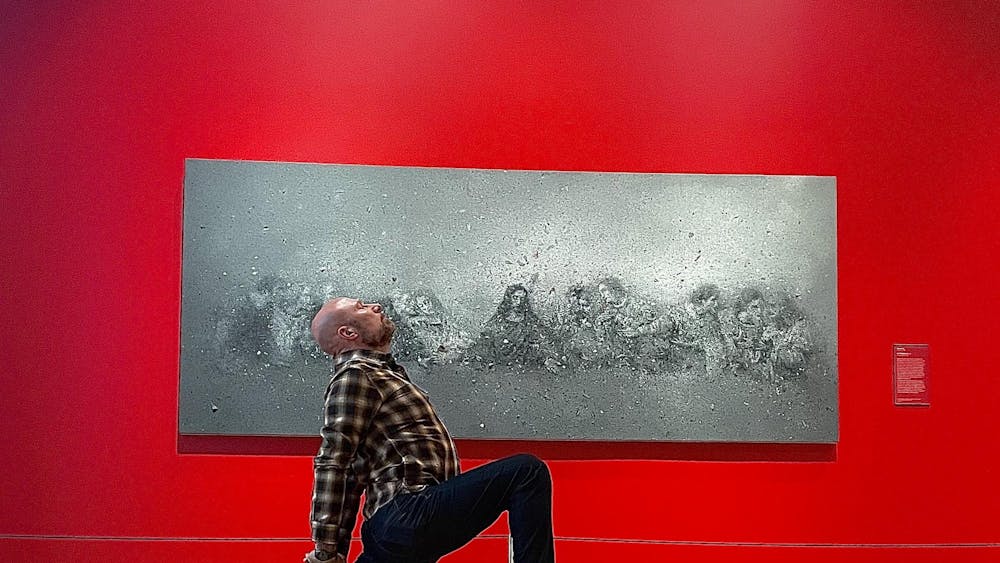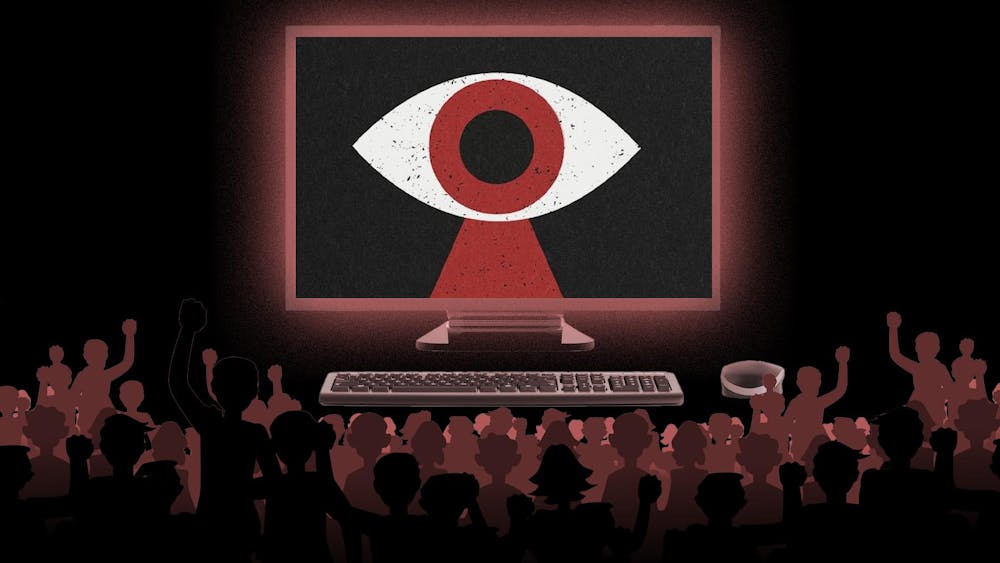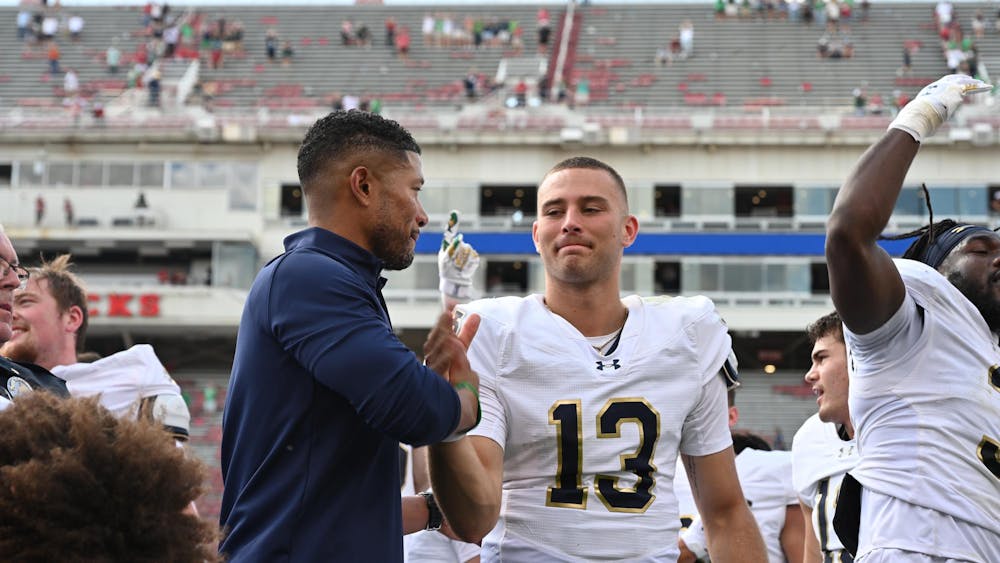Ignorant people take things by blind faith. At least, this is the belief of our age, the age which calls itself the “enlightened age.” In an age of technological progress and scientific advancement, the obvious thing to do with “blind faith” is to reject it as a feature of darker times, of primitive man or of tyrannical religion. That being said, I’ve found that Catholicism does involve quite a bit of “blind following.” Catholics are, for the most part “blind followers,” who take up doctrines that they don’t understand and accept them blindly. Catholics, in other words, are just like everyone else.
Most (probably all) people live and breathe and act and argue out of a set of assumptions that they neither fully understand nor fully choose. They take up what has been given them by their parents, their teachers, their professors, their legislators, their priests and pastors, their dieticians and doctors, their newspapers and newscasters, their bosses and bankers. They live by the words and ideas that are given to them throughout the day. They usually care little that there are teachers who have cheated, professors who have been mistaken, legislators who have loved injustice, religious leaders who have been hypocrites, health professionals who have been obese, newsmen who have misquoted, researchers who have misreported, bosses who have mismanaged and bankers who have stolen. Most people simply assume that various authorities are what they claim they are. They do not take up the task of examining everything that is said and suggested.
To desire to prove (and to feel the need to prove) every doctrine by which one is supposed to live one’s life is an impossible desire for a human being. We have neither the time nor the resources to examine the truth-value of every statement and belief. So we simply take up what is given us from those whom we have come to trust. Some do this more happily than others, and often the happiness of each is in proportion to the trust of each.
The biggest question is: from whence do we take our assumptions? Wherein lies an authority with the right assumptions?
This doesn’t mean that these assumptions can’t or shouldn’t be explained or grappled with or debated against, but it does mean that for most of our lives, whether we consider ourselves religious or not, we live by a kind of blind trust. The question is what we put our trust in. In a certain sense, the secular left is just as much a religion as the religious right, though neither of these are Catholicism. None of these religions ask that we have a full understanding of their doctrines, and they certainly don’t require active and constant thought on the part of believers, if by “active and constant thought” is meant active and constant comprehension and scrutiny. This requirement would be quite unfair to most ordinary people, who simply don’t have time for it.
I once found it surprising that Notre Dame students, in particular, feel that part of being a “good Catholic” is spending a good amount of time questioning the truth of Catholicism. It seems to me to be a rather aristocratic view, a view of those who have been given ample leisure time but who are out of touch with the ordinary lives of ordinary people. Ordinary people must live by faith, because they have families to take care of and bills to pay. Certainly Catholicism encourages individual thought, but it doesn’t insist upon it. It wouldn’t want to place unfair burdens on people who don’t have the scholarships or the trust funds to spend hours and days reading and reflecting.
But even the educated live by a blind trust and obedience. Man is only educated by trust, whether this trust reside in Scripture or a priest or the catechism or a biology textbook or a history professor or the American Psychological Association. We have no proof of our parentage, but most have little (if any) suspicion of our biological origins. We simply live as though our parents are our parents, simply because our parents told us so.
To live by proof is not to live at all. To live is to live by trust.
We live in proportion to our trust. We believe in proportion to our trust. Lack of trust always tends to a lack of belief, for lack of trust is little more than unbelief. This is why lack of religion always tends to skepticism. So the question for a man who wishes to live and to believe is: Wherein do we place our trust?
On blind faith
The views expressed in this column are those of the author and not necessarily those of The Observer.









